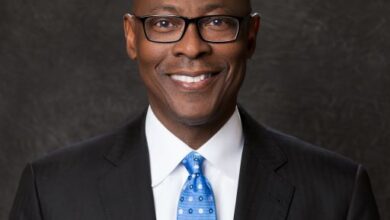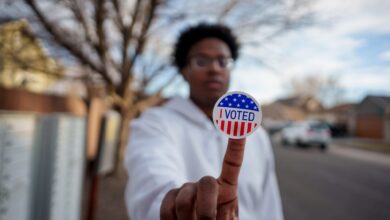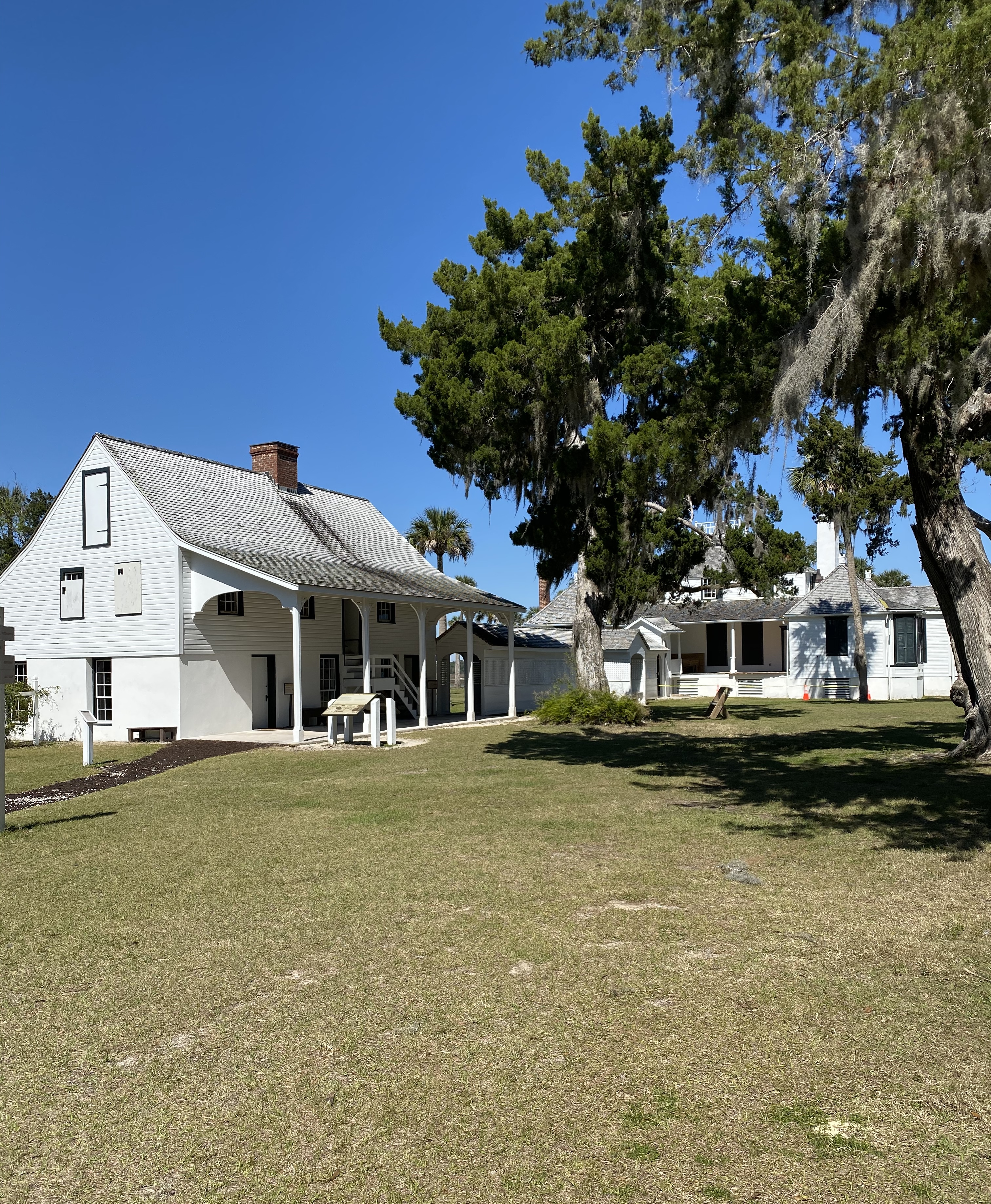
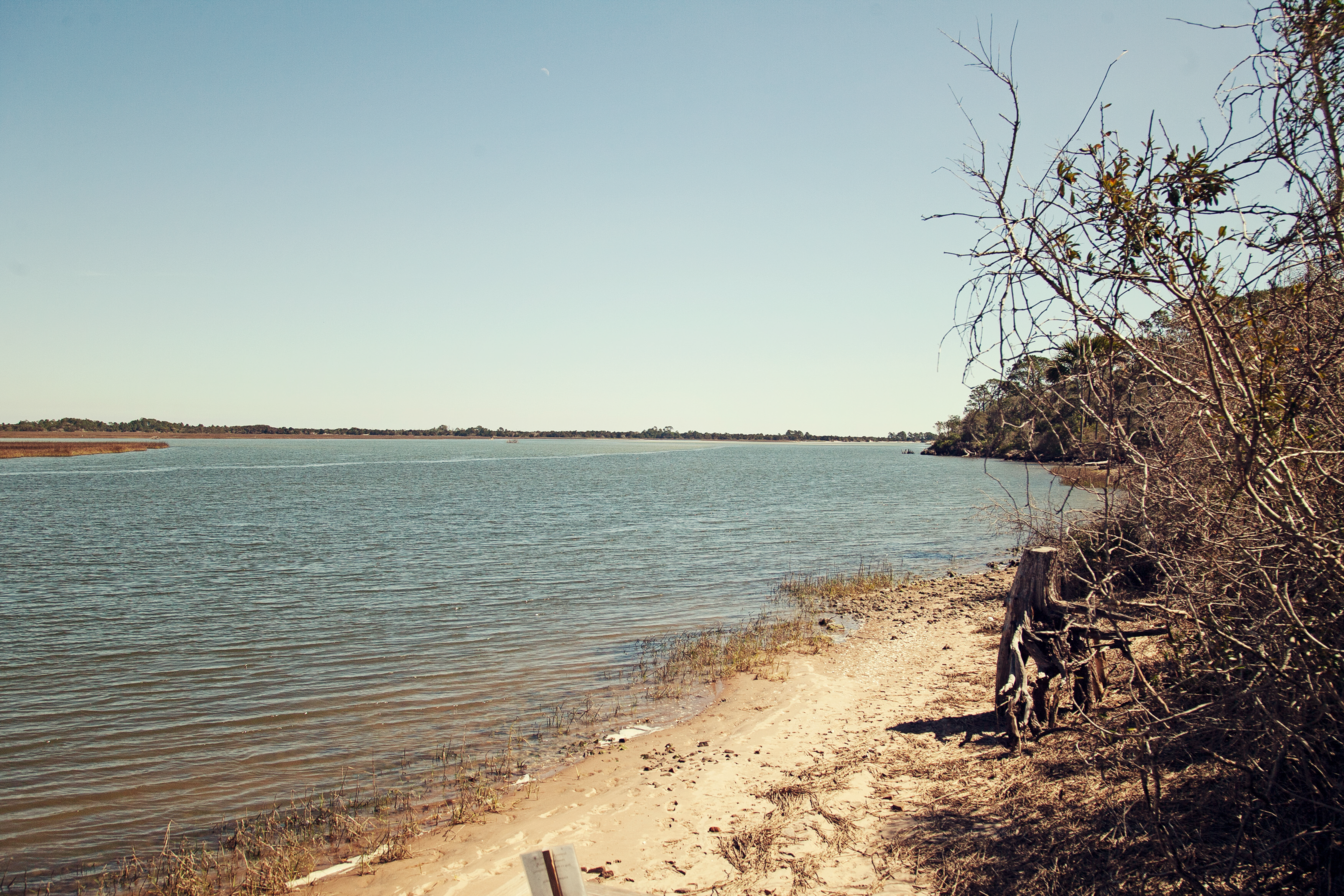
Photo Credit: Oscar L Peoples

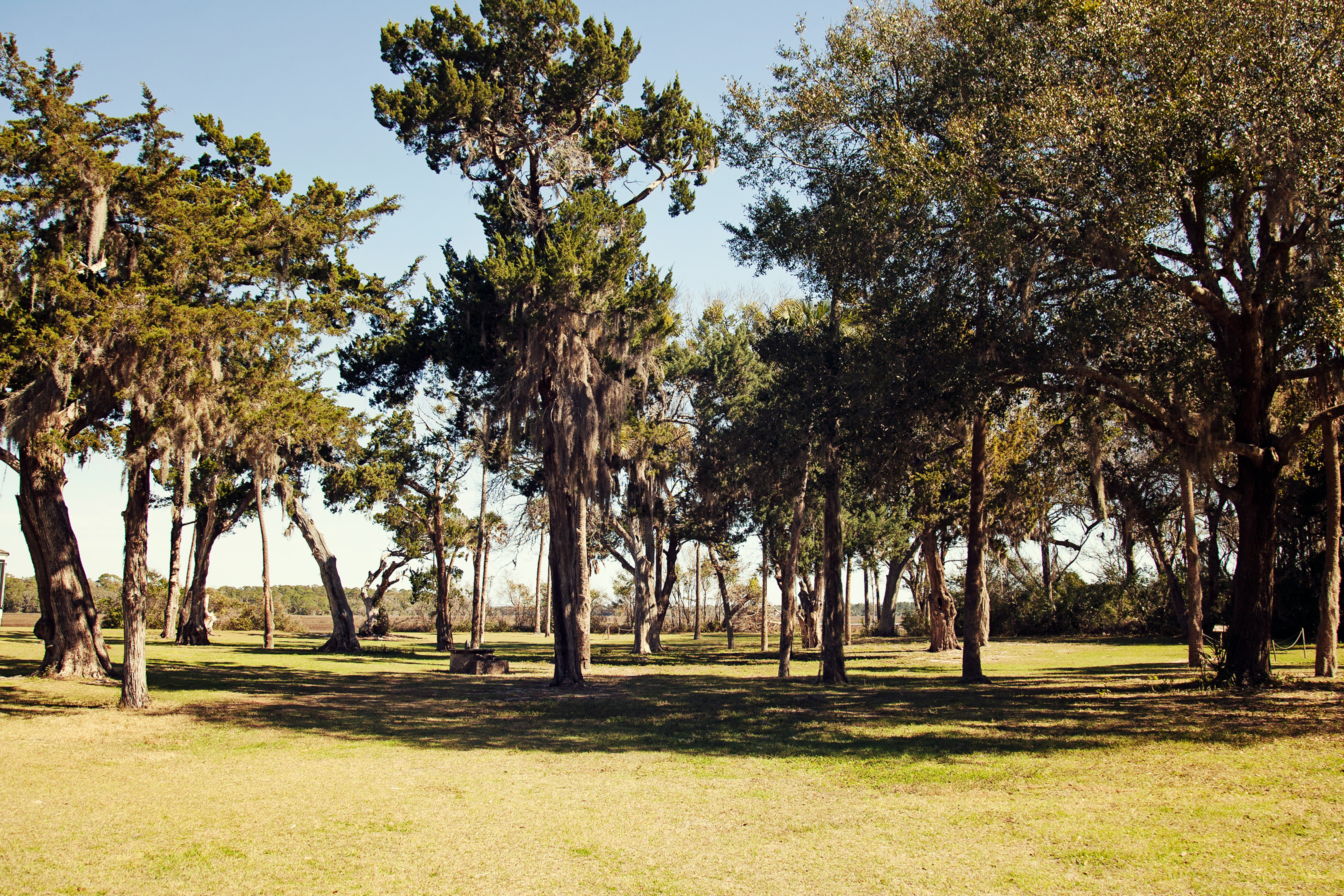
Florida is rich in African American history. From the moment enslaved people from Africa set foot in America, until today the lives of the ancestors and their descendants have been filled with submission and rebellion.
During the eighteenth and nineteenth centuries, many people came to Florida. Some, like white plantation owner Zephaniah Kingsley, sought to make their fortunes by obtaining land and establishing plantations. Others were forced to come to Florida to work on those plantations, providing wealth to the people who owned them. Some of the enslaved would later become free landowners, struggling to keep their footing in a dangerous time of shifting alliances and politics. All of these people played a part in the history of Kingsley Plantation.
When I visited the Kingsley Plantation in North Florida just south of Jacksonville, I was met by Tour Guide Emily Palmer. Being there felt surreal. It was quiet, cold and there was not a cloud in the sky. Although it was beautiful, it was difficult to accept that I was standing on the shore of the waters where our ancestors arrived. It was here where enslaved Africans exited the ship and served the remainder of their lives slaving for white people while being brutally assaulted, sold, torn from their families and even killed.
Anna and Zephaniah Kingsley
“The story of Anna and Zephaniah Kingsley is one that speaks to freedom and slavery, to Spanish Florida to changing nation states to what does freedom really mean,” Palmer said. Anna was born Anta Madjiguène Ndiaye. She was born a Princess of the Kingdom of Jolof which is known today as Senegal. Palmer added, “She was born of a Jolof Emperor in the upper echelon of society. That status didn’t protect her with slave raiders came to her village.”
A Day’s Work
Behind the tiny cabins where the enslaved lived was a multitude of acres of agricultural land. The enslaved worked in those fields picking cotton. In front of their homes sat even more cleared acres of land where they harvested garden food. Twenty five of the 32 cabins is still preserved in some state of ruin. Palmer said, “Those enslaved living in those cabins, they spent a full day’s work in those commercial agricultural fields working for someone else’s profit and then at the end of the day, returned to these cabins and worked in these gardens to feed themselves and their family. So it was an enormous amount of work between the two.”
Most cabins where the enslaved lived were 20 feet by 13 feet. That small space housed an entire family. Some families consisted of 8 people. While I listened to the spiel of the tour guide, three white people walked up to listen. Although it was nice to see people of a different race taking and interest in African American history, one of the women in the group asked a question. As tiny as the cabins were, the woman asked, “But, one family gets a whole house, right? It’s not like more than one family lives in one?” In no way do I think she was asking that question to be disrespectful. She was simply exhibiting the privilege of white Americans that still exists today.
A Snapshot of Anna’s story
Anna was kidnapped from Jolof. She was then transferred to the “Doorway of No Return” only to end up at an auction block in Havana, Cuba. There, she was purchased by Zephaniah Kingsley. “At the age of only 13, she survived The Middle Passage. He’s 41, she’s 13…she’s pregnant before she arrives in Florida,” Palmer said. According to the National Park Service website, On March 1, 1811, in the Spanish province of East Florida, Zephaniah put his signature on a document that forever changed Anna’s life. The document was a manumission paper which ensured her legal freedom. At the age of 18, Anna and her three children were free.


